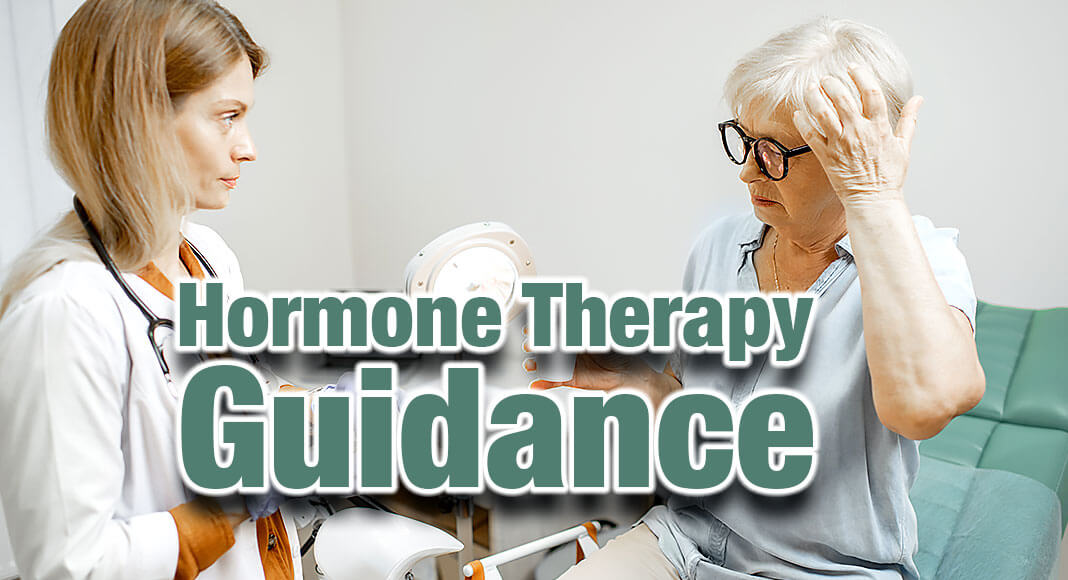
Nega Doctor News
CLEVELAND CLINIC – The U.S. Census Bureau shows more than 64 million women in America are going through menopause or are postmenopausal.
Previously, treatment often included hormone therapy, but that changed after cardiovascular risks were reported.
However, the American College of Cardiology’s Cardiovascular Disease in Women committee, led by Leslie Cho, MD, cardiologist for Cleveland Clinic, found that hormone therapy can still be used, but with specific guidance.
“The people that are safe for hormone therapy are women who just started having postmenopausal or perimenopause who have very little cardiovascular risk,” explained Dr. Cho. “And that risk is assessed by various risk scores that are out there. We use the ACC/H/CVD risk score, so women who have very low risk for having heart disease in the next 10 years, they’re safe to use hormone replacement therapy.”
Doctor Cho said they looked at 20 years’ worth of data to develop the new guidance for hormone therapy.
For those unfamiliar, menopause typically happens in a woman’s early 50s.
Symptoms can include vaginal dryness, hot flashes, chills, night sweats, sleep problems, and mood changes. It can also cause weight gain and slow down a woman’s metabolism.
Dr. Cho said many times a woman will suffer in silence and they shouldn’t have to.
She believes they deserve a better quality of life and hopes these changes in guidance can help with that.
“It’s important if you’re going to start hormone therapy to talk to your doctor and go through your risks,” she said. “And for women with heart disease, it’s really critical to have a frank discussion with your physician about the risks and benefits of starting hormone therapy.”
Dr. Cho’s research was recently published in the American Heart Association’s ‘Circulation’ journal.










